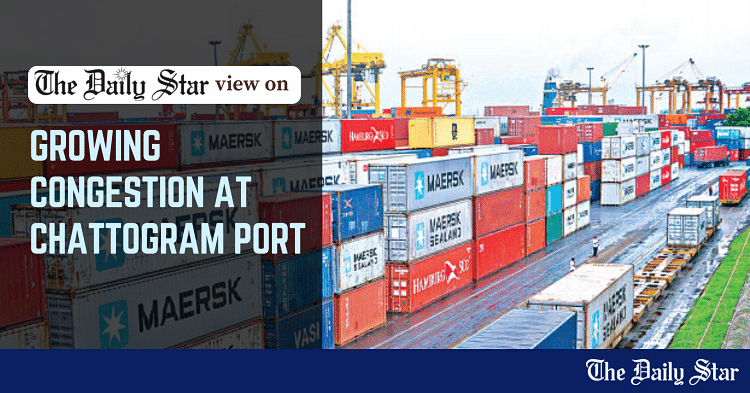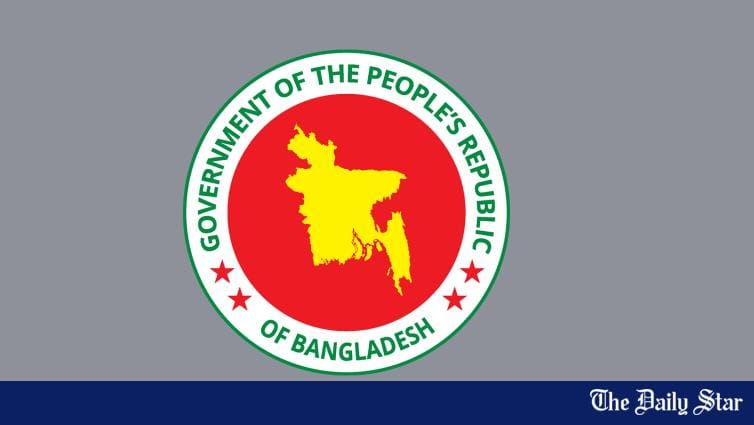Third party to reevaluate ongoing mega projects
Decides high-level meeting led by CA; task force report on economy discussed
The interim government has decided to reevaluate the country's ongoing mega projects through a third-party, citing political influence led to an average 70 percent overvaluation of mega projects undertaken during the Awami League rule.
Chief Adviser's Press Secretary Shafiqul Alam said this at a media briefing at the Foreign Service Academy about the decisions of a high-level meeting on the country's economy held at the office of Chief Adviser Prof Muhammad Yunus yesterday.
Yunus chaired the meeting.
Shafiqul said due to the overvaluation of the mega projects, public money worth about $14-24 billion was lost.
Finance Adviser Dr Salehuddin Ahmed, Industries Adviser Adilur Rahman Khan, Planning and Education Adviser Wahiduddin Mahmud, Commerce Adviser Sheikh Bashir Uddin, Food Adviser Ali Imam Majumder, Principal Secretary to the Chief Adviser Md Siraj Uddin Mia, BIDA Executive Chairman Chowdhury Ashik Mahmud Bin Harun, Finance Division Secretary Dr Md Khairuzzaman Mozumder and Bangladesh Bank Governor Dr Ahsan H Mansur were present, among others, at the meeting on the country's economy.
At the meeting, they discussed the report recently submitted by the task force on re-strategising the economy and mobilising resources for equitable and sustainable development.
The report identified corruption in development projects, irrational avoidance of taxes, and flaws in supply chain management as major factors of corruption during the last regime.
As such, the government has decided to introduce e-filing at all its offices, aiming to make its tasks smooth and check corruption.
Citing the examples of other countries, the press secretary said the e-filing helps bring down corruption to a minimal level.
The task force also made a number of recommendations, including in the areas of economy, education, health, social protection and employment, agriculture, fisheries and animal resources, transport infrastructure, environment, and climate change.
It recommended that only the firms approved by the Central Procurement Technical Unit will conduct feasibility studies of the transport infrastructure, and the Planning Commission will publish the reports.
It also recommended appointing efficient project directors, reducing land acquisition time, improving interchange facilities on the roads and highways, removing marketplaces along the roads and maintaining navigation facilities in building bridges.
For economic stability, the task force recommended the amount of foreign loans be kept at a tolerable level, taking soft loans instead of loans with high interest rates, reducing dependence on RMG for exports, removing logistics and infrastructure challenges, and forming a high-level committee to review incentives for exports.
For the power and energy sector, the task force suggested sustainable and alternative ways of power production instead of quick rental plants and independent power producers and adopting a "no electricity, no pay" policy instead of making "capacity payments" under the deals of independent power producers.
The task force suggested ensuring a fair wage structure in the industries, making administrative reforms to improve the ease of doing business, launching high-speed trains connecting the industrial parks, creating scopes for supporting the small and medium industries and improving the startups.
Chief Adviser's Senior Assistant Press Secretary Foyez Ahammad and Assistant Press Secretary Suchishmita Tithi were also present at the media briefing.







